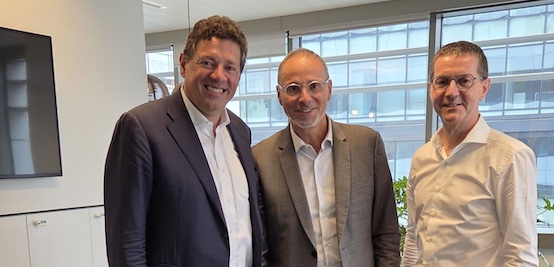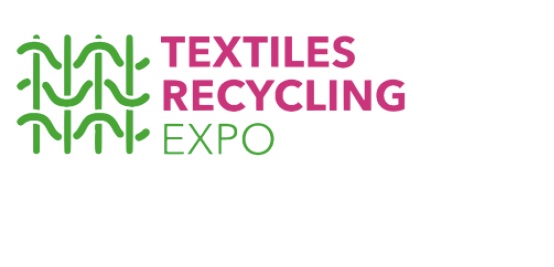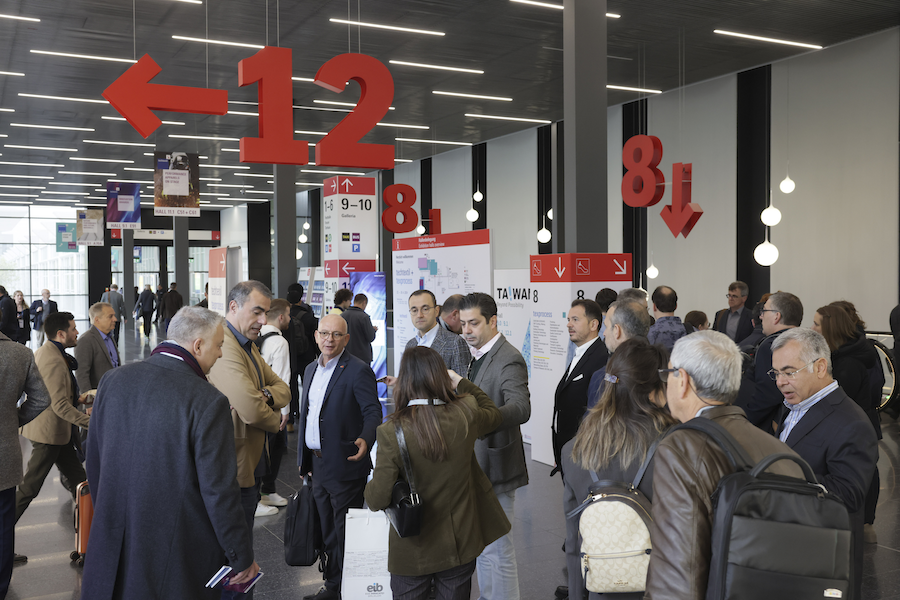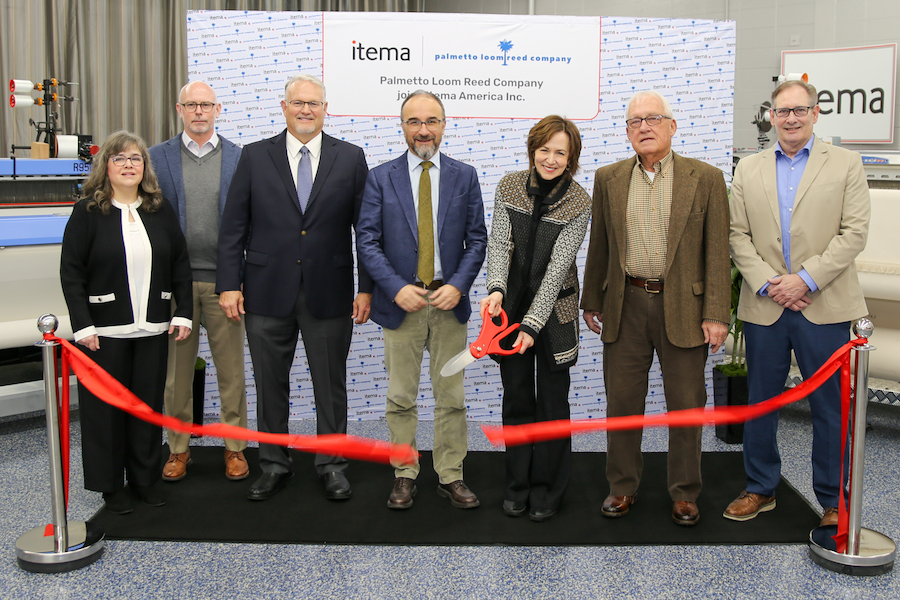#Recycling / Circular Economy
REHUBS to unveil strategy and tactical action plan to industrialise textile circularity by 2032
The industry is stuck in a supply-demand deadlock as recyclers struggle to scale without brand commitments, and brands are hesitant to commit without reliable, cost-competitive supply. ReHubs will break this deadlock and create the market conditions and coordinated action needed for textile-to-textile recycling at scale.
This September, ReHubs will unveil its new strategy, a comprehensive action plan to scale textile-to-textile recycling and drive the adoption of recycled fibres across Europe. Developed through more than 100 interviews and surveys with both ReHubs’ community and wider industry stakeholders, the strategy sets out an industry-wide roadmap and a portfolio of projects designed to break the supply-demand deadlock that has long stalled progress on circular textiles.
“This is a defining decade for Europe’s textile industry,” said Alain Poincheval, Chairman of ReHubs. “Circularity is no longer just a vision, it is an urgent infrastructure challenge. With ReHubs’ new strategy, we will lead the industry with the clarity, coordination, and collective strength needed to turn waste into value, resilience, and competitive advantage.”
At the core of the new strategy are two strategic pillars:
+ End-to-End Supply Chain Management – Streamlining fragmented collection, sorting, recycling, and manufacturing processes to deliver reliable volumes of recycled fibres at a transparent cost and quality.
+ Financing Orchestration – Mobilising and de-risking the €5–6 billion in public-private investment needed to scale infrastructure, supported by brand commitments, private investments and public funding.
Supporting these pillars are six strategic levers that will accelerate progress, from industry standards harmonisation and research to policy advocacy, finance and investment mobilisation, and brand coalition building. Together, these levers will create the conditions for establishing reliable feedstock supply, clear standards, stronger collaboration, and growing confidence in recycled textiles as a quality, scalable solution.
By convening and aligning stakeholders across the value chain, ReHubs aims to:
+ Recycle 2.5 million tons of textile waste by 2032, representing around 35-40% of Europe’s yearly textile waste.
+ Unlock €5–6 billion in investments and create up to 10,000 new jobs across Europe.
+ Position Europe as a global leader in circular textiles through scalable, demand-driven recycling solutions.
“The textile industry faces an urgent need for systemic change,” said Robert van de Kerkhof, CEO of ReHubs. “ReHubs’ new strategy is designed to move from isolated initiatives to coordinated industry-wide implementation and ecosystem transformation. By combining stakeholder collaboration with direct action on infrastructure, finance, and policy, we can scale textile-to-textile recycling and turn Europe’s waste challenge into an opportunity.”
The ReHubs’ new Strategy will be unveiled on the 22nd September 2025, supported by its community of over 30 Partners, ranging from collectors and recyclers to brands, PROs, technology providers and investors.
ReHubs will also share insights from the new strategy at the Dornbirn Global Fibre Congress and Circular Textile Days, inviting the wider industry to engage and contribute to building a truly circular textile ecosystem in Europe.














